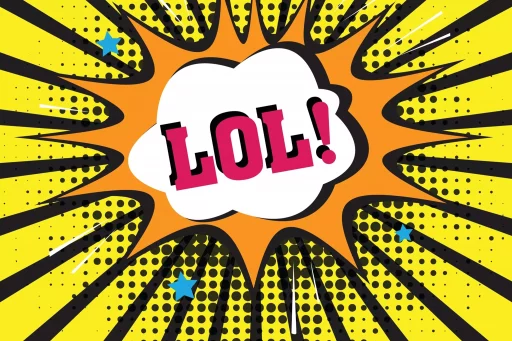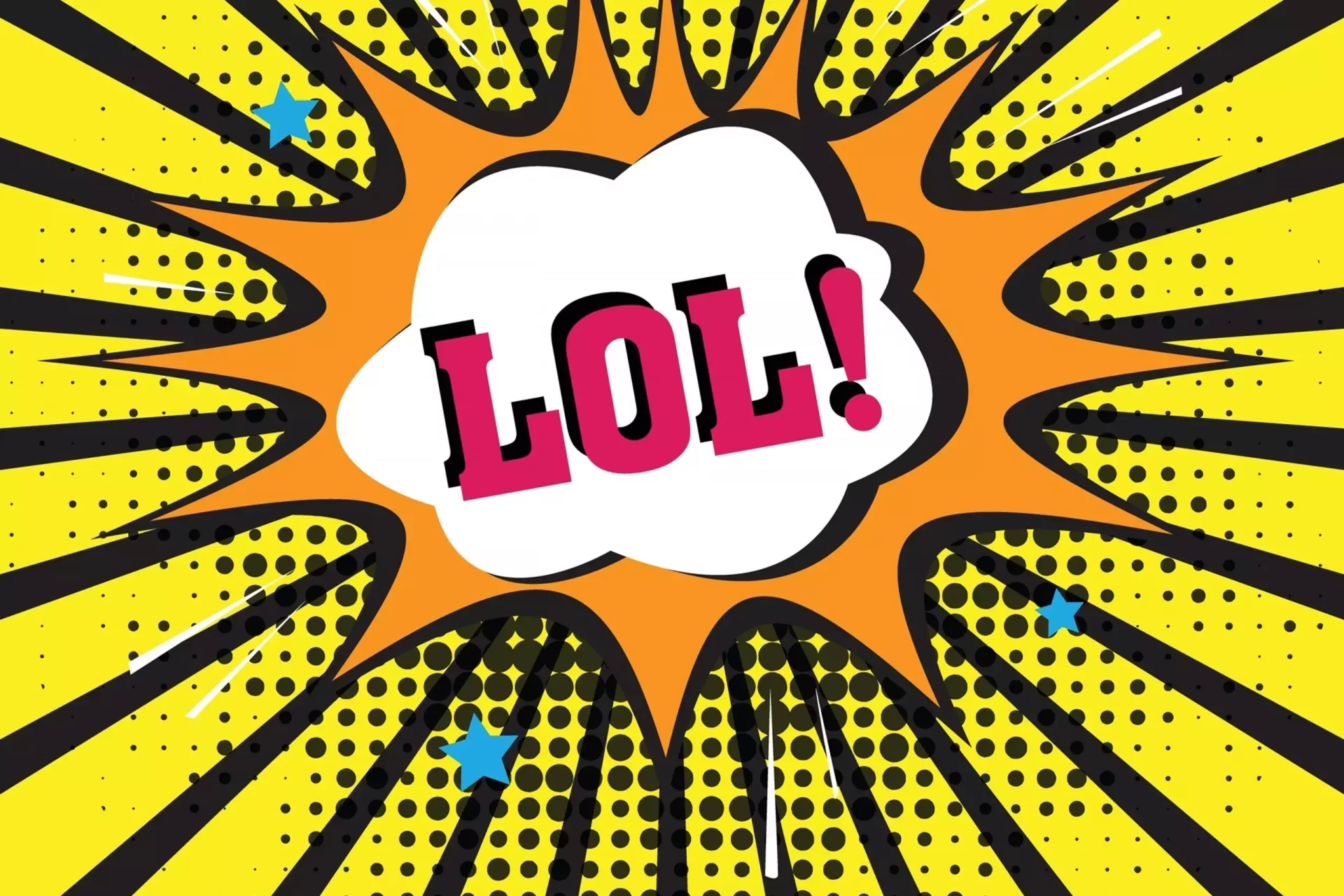Introduction to Cheesy in Slang
The word “cheesy” is one of those terms that have evolved over time to take on new meanings, especially in the realm of slang. Originally used to describe something of low quality, today it often captures a sense of playfulness and humor. In this article, we will delve into the various connotations of “cheesy” in modern slang, explore examples, and discover how it resonates in popular culture.
Different Meanings of Cheesy
- Low Quality: The original meaning, often referring to cheap products or experiences.
- Overly Sentimental: Used to describe something that is overly dramatic or sentimental in a way that makes others roll their eyes.
- Cringe-Worthy: When something is so awkward or contrived that it’s embarrassing, often referred to as cheesy.
- Playfully Lame: A term that can denote something that is humorously bad, often intentionally so.
Examples of Cheesy in Everyday Slang
Understanding how slang evolves means looking at real-world examples. Here are some common uses of the term “cheesy” in daily conversations:
- Romantic Context: “That pick-up line was so cheesy, but I loved it anyway!” This reflects the over-the-top attempts at flirting that can be endearing.
- Entertainment: “Did you see that cheesy movie last night?” This typically describes films that are overly sentimental or clichéd.
- Social Media: “I can’t believe he posted that cheesy selfie with a heart filter!” Here, cheesy denotes something overly affected for social media likes.
Case Studies: Cheesy in Pop Culture
The usage of “cheesy” can be prominently observed in various areas of pop culture, especially in film, music, and social media.
Film and Television
Many romantic comedies embrace cheesiness to appeal to audiences. Movies like “The Notebook” are often described as cheesy due to their melodramatic scenes and emotional tropes. However, this cheesiness is part of their charm, allowing viewers to indulge in escapism.
Music
In music, the term “cheesy” is frequently used in the context of lyrics. Songs with overly sentimental lyrics or clichéd themes, such as those found in boy band hits of the late ’90s and early 2000s, are often labeled as cheesy. While some listeners might find it cringeworthy, others enjoy the nostalgia and playful nature of such tracks.
Social Media Trends
Social media is rife with cheesy content, from viral memes to TikTok dances that embrace humor in their awkwardness. For instance, the “Renegade” dance was initially viewed as cheesy but quickly became a cultural phenomenon, showcasing how cheesy moments can lead to trends.
The Impact of Cheesy Slang: Statistics and Trends
The evolution of the slang term “cheesy” is reflected in its usage in contemporary culture:
- According to a survey by Statista, over 70% of young adults reported using slang in their everyday conversations, with terms like “cheesy” appearing frequently.
- A study by the Institute of Language and Culture indicated that 60% of respondents view cheesy content on social media as a form of entertainment.
- In entertainment, 80% of romantic comedies leverage cheesy tropes to elicit emotional reactions from their audiences, proving that cheesiness sells.
Conclusion
The term “cheesy” has woven itself into the fabric of modern slang, evolving from a descriptor of low quality to a playful, humorous term denoting sentiments that can be cringe-worthy yet charming. Whether in romantic pursuits, entertainment, or social media antics, cheesiness has become a delightful element of expression that resonates with many. The next time you find yourself indulging in something labeled as cheesy, remember that sometimes it’s just what you need to lighten your mood!






